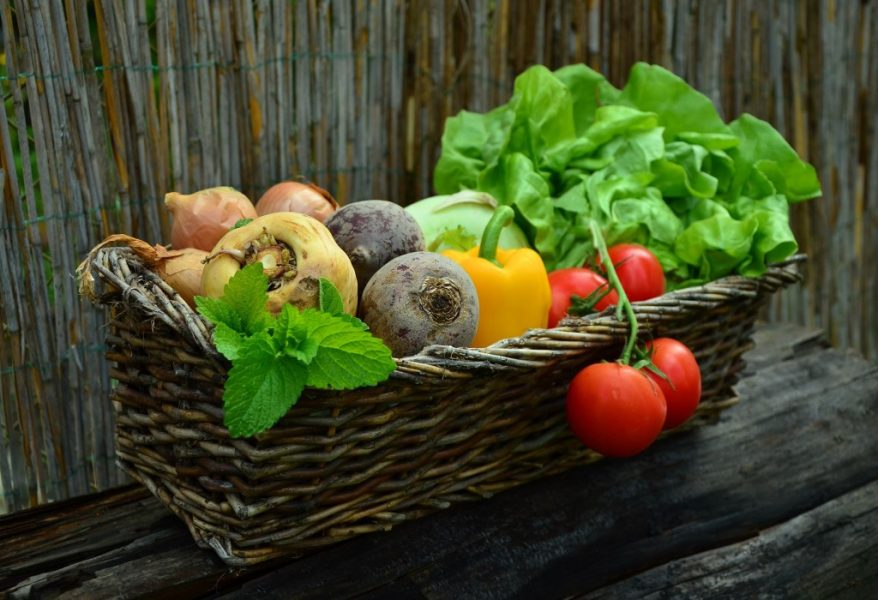Eating organic could prevent the progression of antibiotic resistance
National CSA Directory February 6, 2019


Overuse of antibiotics
The excessive use of antibiotics in farming has led to many disease-causing microbes to develop resistances to commonly-used pharmaceuticals. The best way to protect yourself against these superbugs is to eat organic food, preferably grown by local farm stands near me.
Antibiotic resistance has been flagged by both the World Health Organization (WHO) and the Centers for Disease Control and Prevention (CDC) as a danger to global health. In the United States alone, more than 23,000 people die from this condition.
Conventional agriculture is one of the biggest contriutors to the appearance of pathogen strains with antibiotic resistance. Farmers applied antibiotics like streptomycin and tetracycline to crops and animals alike to prevent them from catching disease.
Over time, the microorganisms in the gut of the animals got used to the high levels of antibiotics. They eventually developed resistance to antibiotics. The genetic material responsible for this resistance is not just passed down to later generations of the same species; it can also be given to other species of microorganisms, such as pathogenic microbes.
These harmful microbes become immune to streptomycin and tetracycline. These two pharmaceuticals are first line treatments for many diseases, some of them fatal.
is not just a toxic herbicide, but an antibiotic.Antibiotics are not the only culprit in the development of strains with antibiotic resistances. The widely-used herbicide Roundup is considered to be another major contributor to the growing dangers of superbugs.
What is glyphosate
Manufactured by the GMO giant Monsanto, Roundup is sprayed onto crops. Its active ingredient is a chemical called glyphosate.
Glyphosate is also patented as an antibiotic by its manufacturer. That means the most commonly used herbicide in the agricultural industry is also its most heavily-used antibiotic. And excessive antibiotic levels are what spurs the rise of antibiotic-resistant microorganisms.
The very concept of resistant bacteria – in which mutating microorganisms become immune to the effects of antibiotics – is the stuff of nightmares, with resistant bacterial infections exacting a very real toll. According to the CDC, MRSA – or methicillin-resistant Staphylococcus aureus – claims over 11,000 lives a year.
Glyphosate kills plants by interfering with a system called the shikimate pathway that regulates the synthesis of amino acids. As apologists for Monsanto never tire of pointing out, the shikimate pathway doesn’t exist in humans. But it does exist in bacteria – including the beneficial bacteria on which we depend for the synthesis of amino acids.
Glyphosate can upend the natural order of the beneficial bacteria that live in the human gut. A contaminated person will become more vulnerable to disease.
Glyphosate has been linked with ailments like liver disease and non-Hodgkins lymphoma. It has been labeled a “probable human carcinogen” by the International Agency for Research on Cancer.
To reduce the risk of pathogens with antibiotic resistance, switch over to organic food produced using sustainable methods. These crops and livestock were raised without any antibiotics, chemical fertilizers, genetically-modified organisms, and synthetic hormones and pesticides.
Organic foods have lower levels of saturated fats. Furthermore, organic animal products contain much higher levels of omega-3 fatty acids that benefit the healthy functions of your body.
They also have better concentrations of natural antioxidants that prevent diseases and associated inflammation. This includes many illnesses caused by bacteria strains with antibiotic resistance.